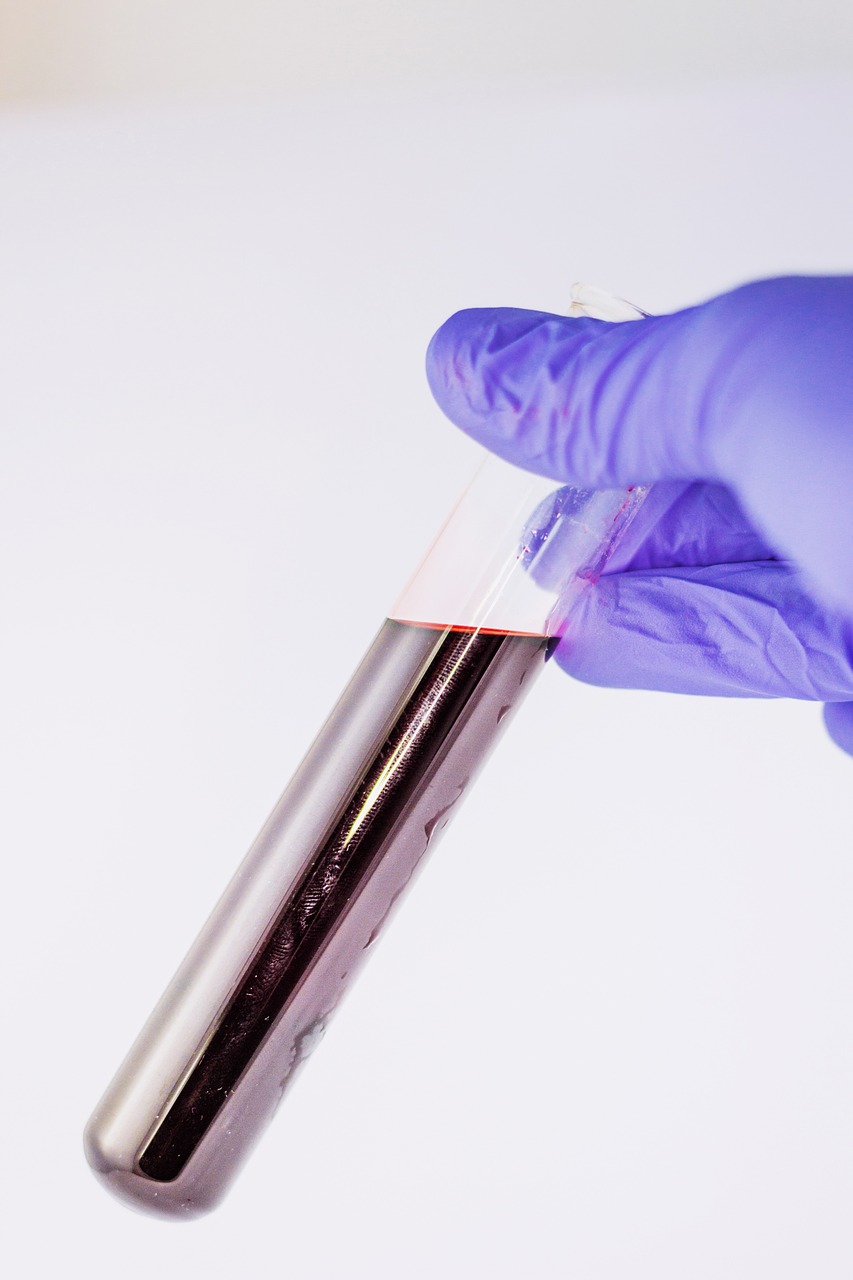New Biochip Blood Test Can Detect Alzheimer’s Risk
Integrated analysis of Alzheimer’s disease continues to expand and improve, which is essential since early detection can help slow the progression of symptoms. Researchers have now unveiled a new blood test that identifies which patients have an increased risk of Alzheimer’s disease, which they claim is just as accurate as existing genetic tests.
 Currently, the standard molecular test for Alzheimer’s risk analyzes DNA. This new biochip test, developed by Randox Laboratories, can conduct multiple tests on a single blood sample, making it faster and more affordable than the current method.
Currently, the standard molecular test for Alzheimer’s risk analyzes DNA. This new biochip test, developed by Randox Laboratories, can conduct multiple tests on a single blood sample, making it faster and more affordable than the current method.
Scientists agree that the most significant genetic risk factor for Alzheimer’s is the apolipoprotein E (ApoE) gene, specifically the version e4 (ApoE4), which plays a role in lipid metabolism. One ApoE gene is inherited from each parent, and it is estimated that 25 percent of the U.S. population inherits one copy of the ApoE4 gene specifically. For those that inherit two copies of the e4 variant, the risk of Alzheimer’s is increased by 10 times.
The biochip blood test detects a person’s ApoE4 status from a plasma sample. To verify the accuracy of the test, 384 samples were analyzed with the biochip test. The biochip test results were compared to the results of the currently practiced, standard molecular diagnostic test. The outcome of both tests were identical in all cases.
By pairing this test with medical and family history for Alzheimer’s risk, doctors will be able to see the bigger picture and help determine a personalized plan for each individual, as well as potentially slow the progression of the disease. The Cognitive Therapeutics Team will continue to look forward to more advancements in the field of Alzheimer’s testing and research for a cure to help educate and inform our readers.
Sources
http://www.medicalnewstoday.com/articles/312094.php
https://www.sciencedaily.com/releases/2016/08/160803104047.htm

